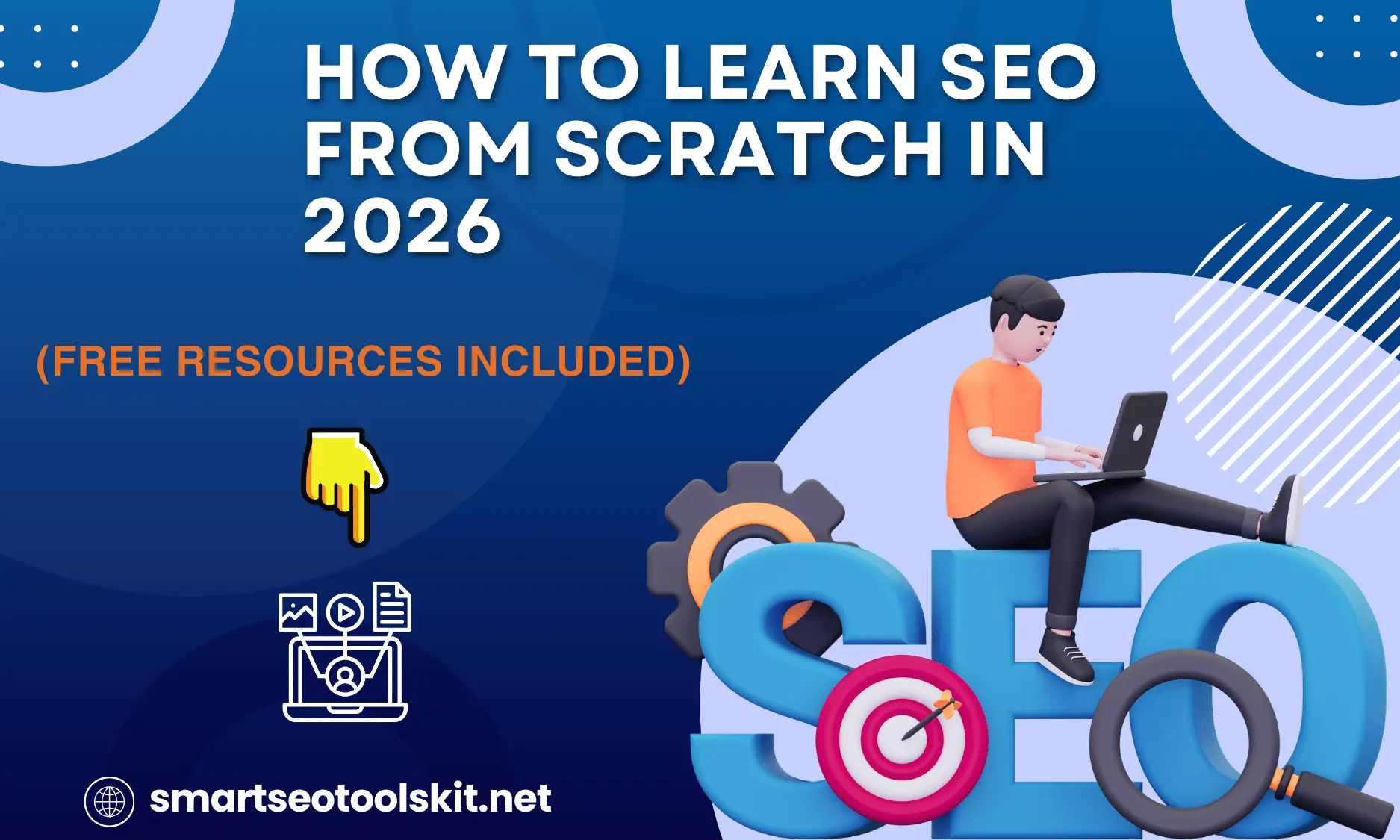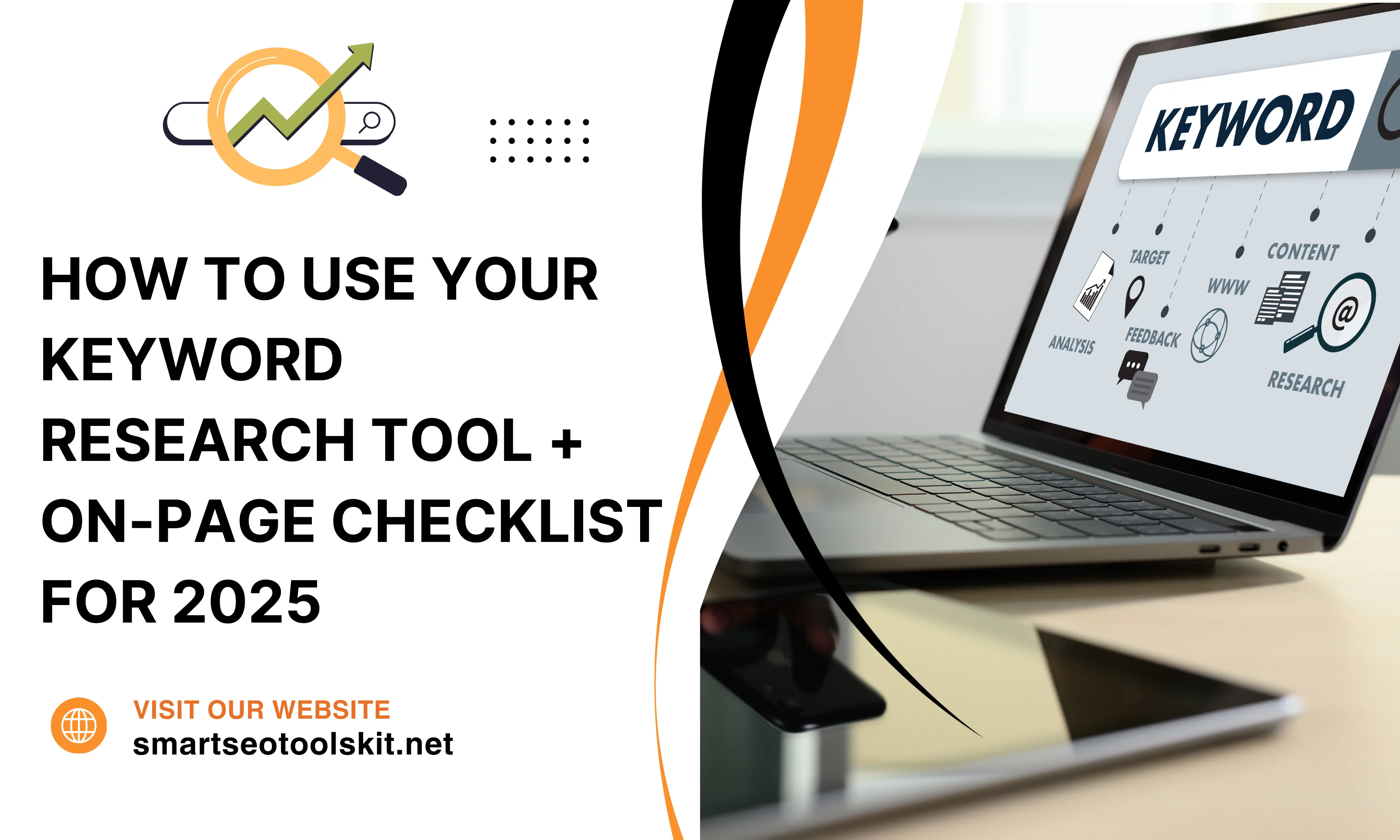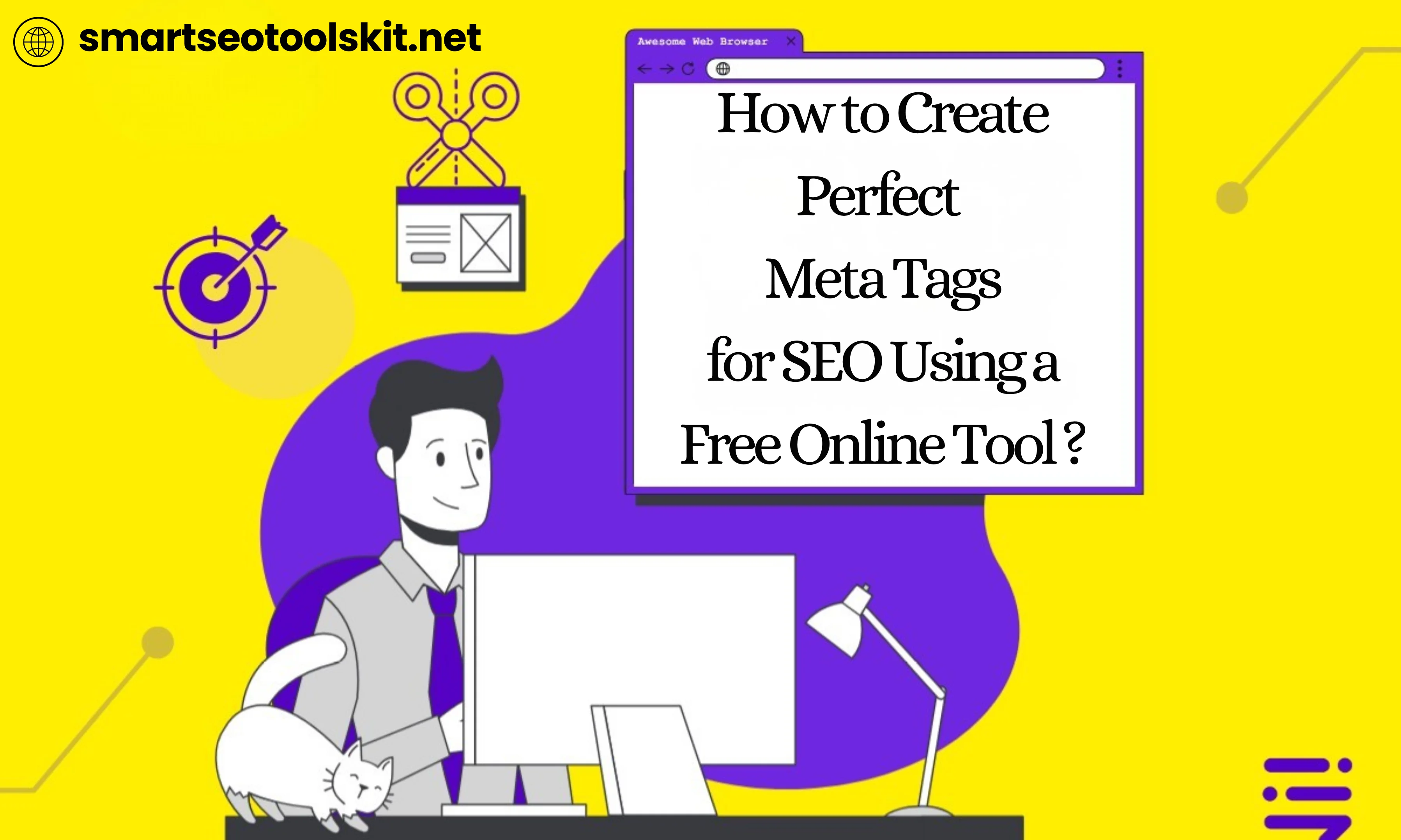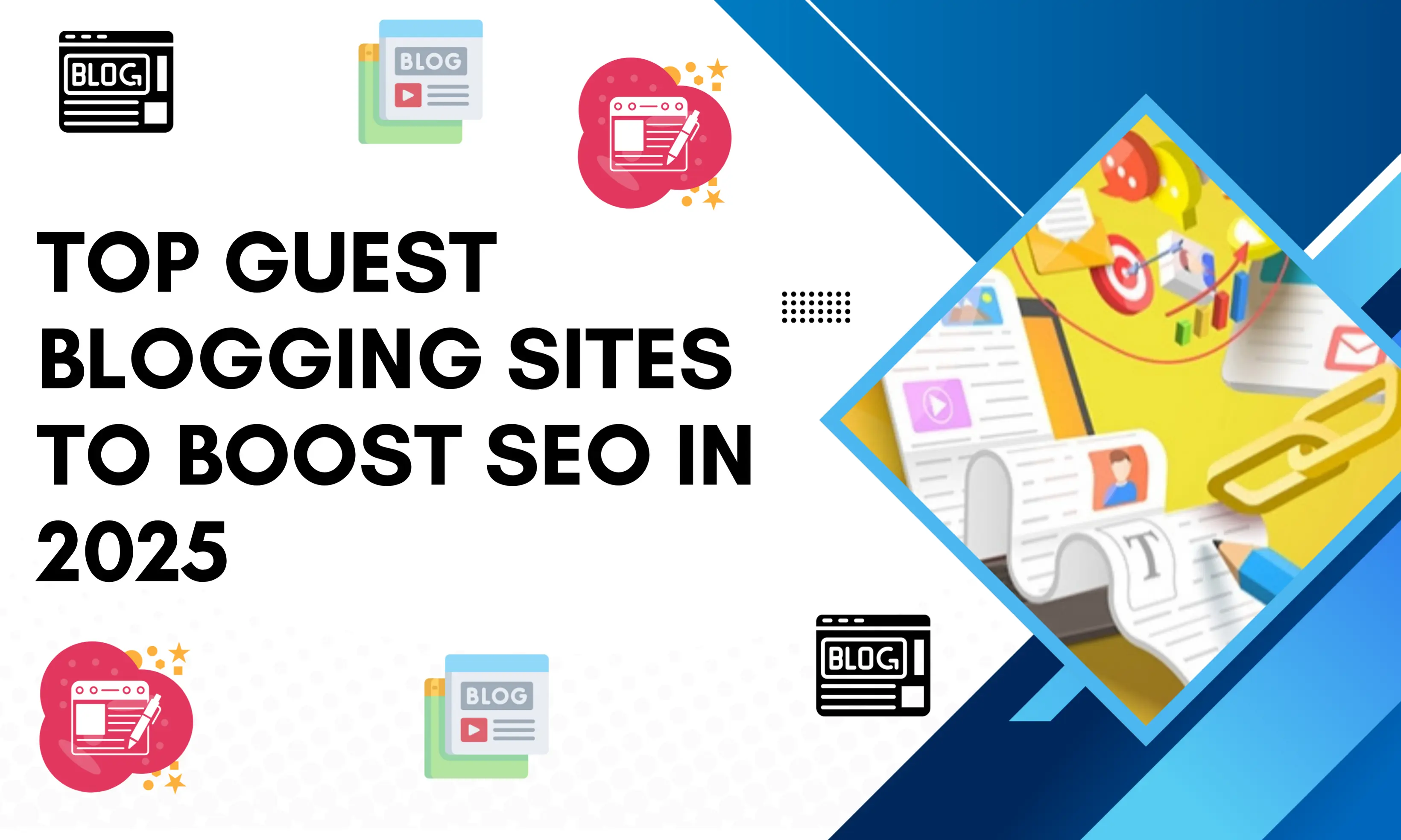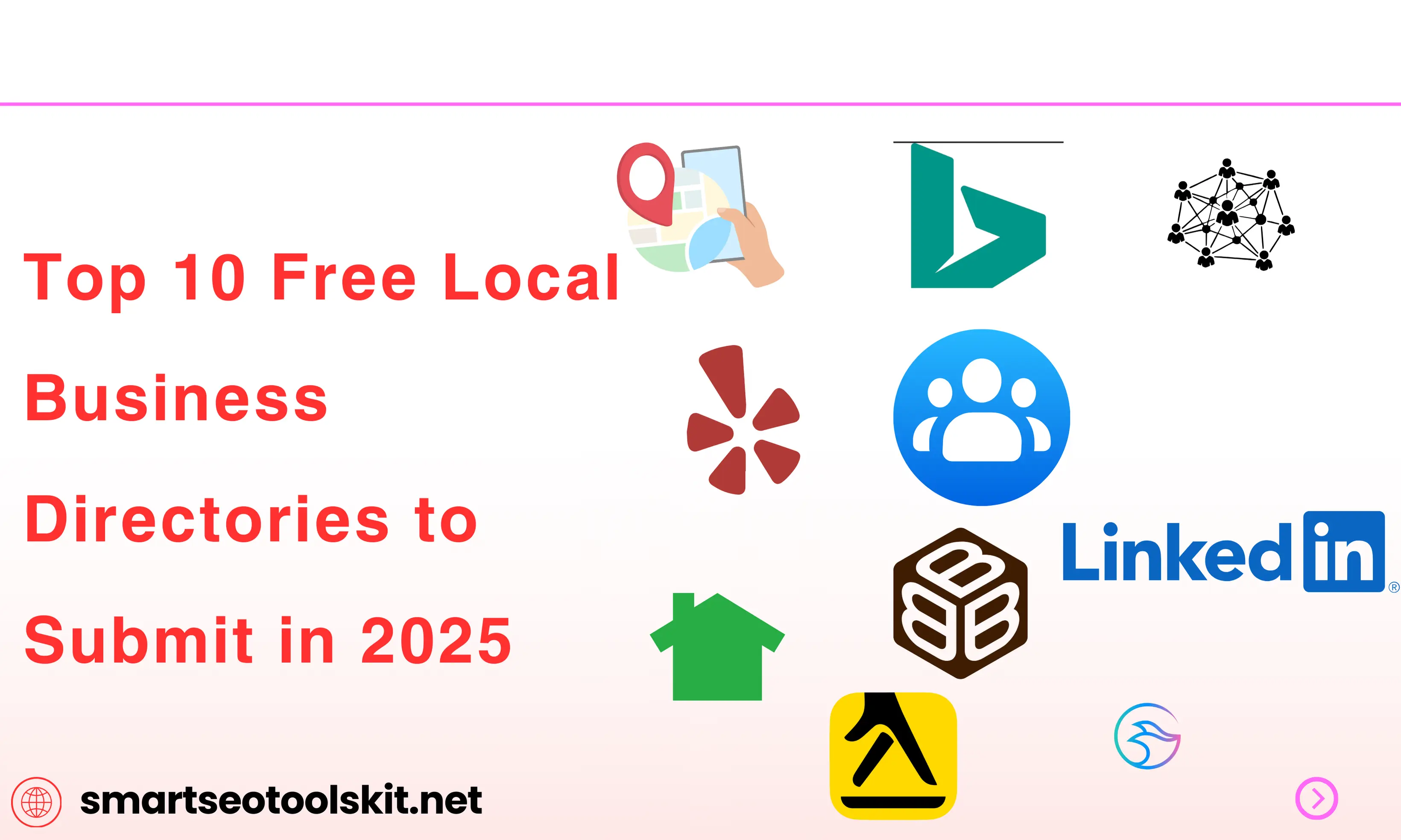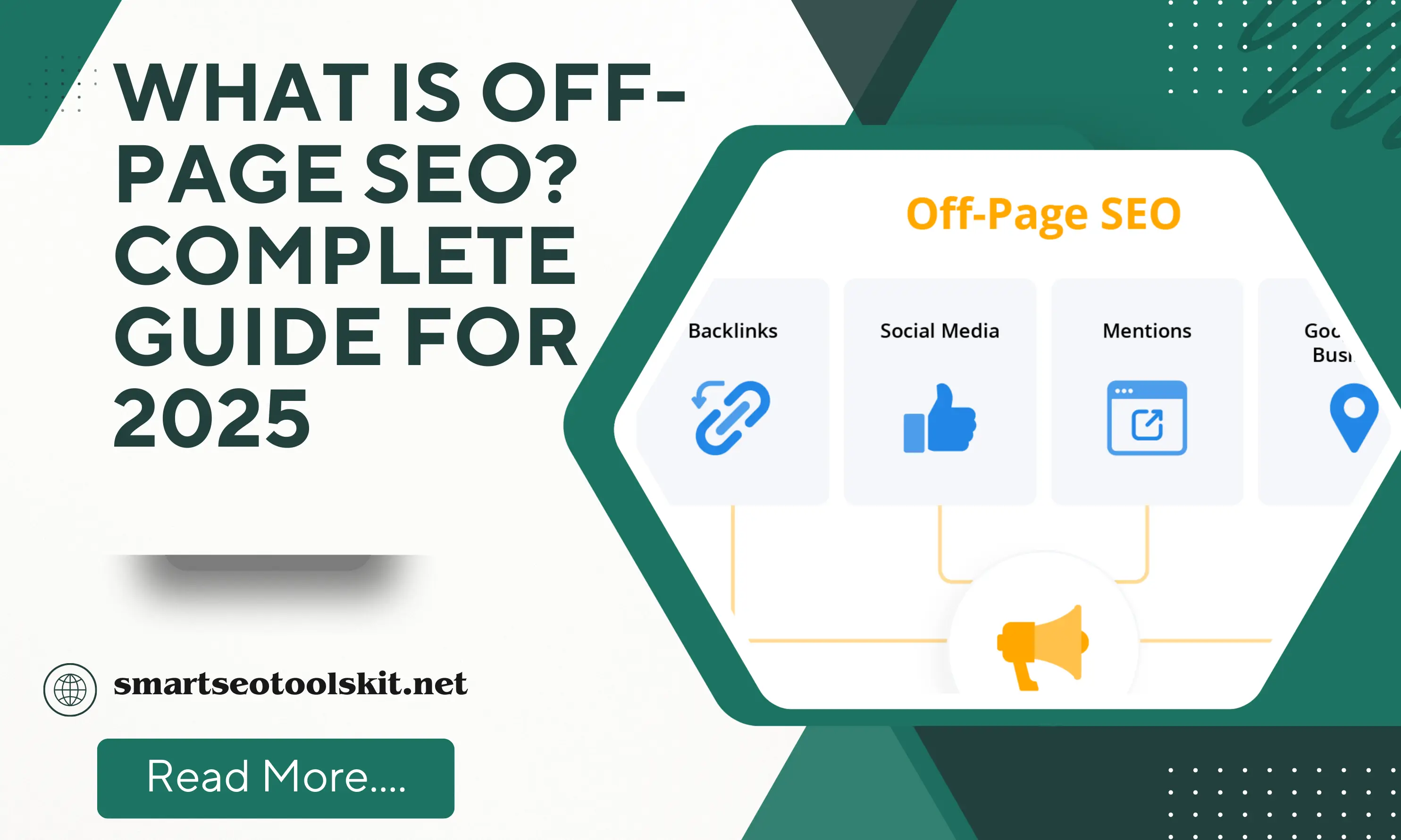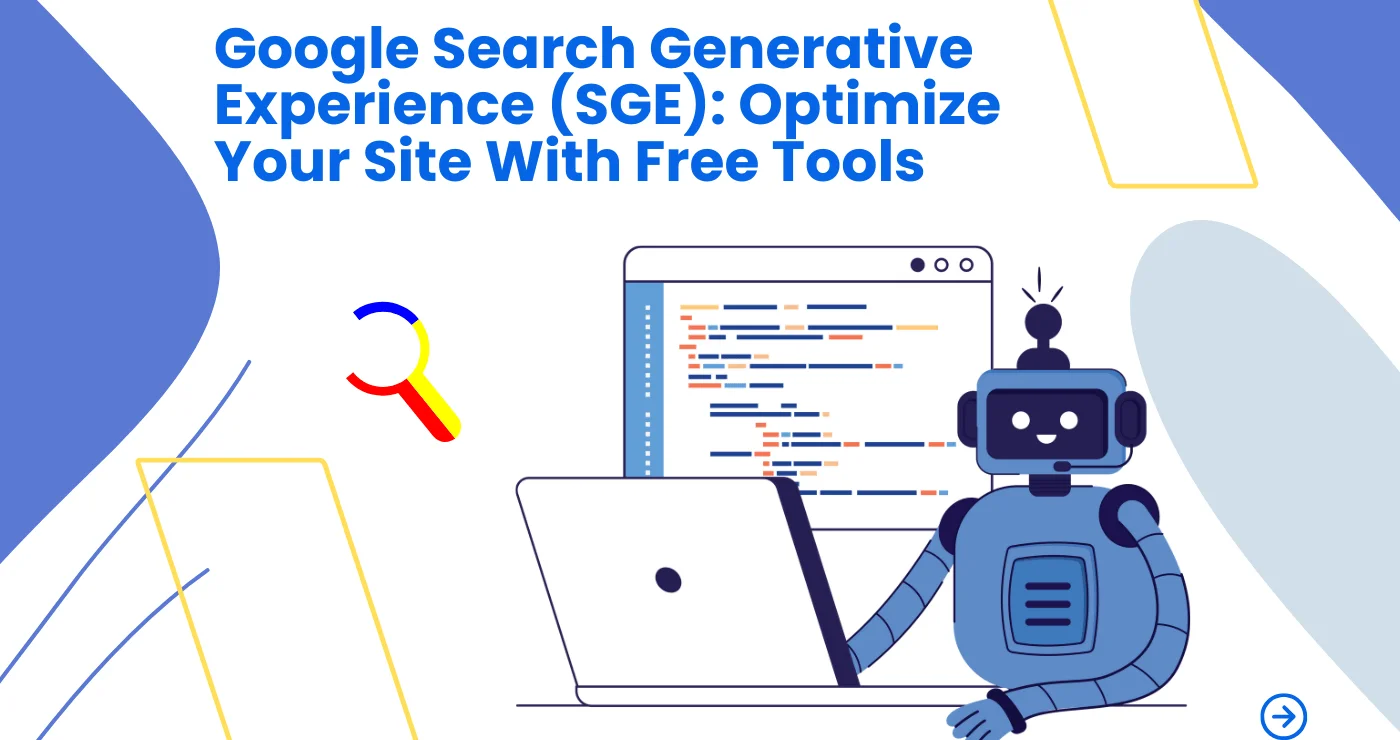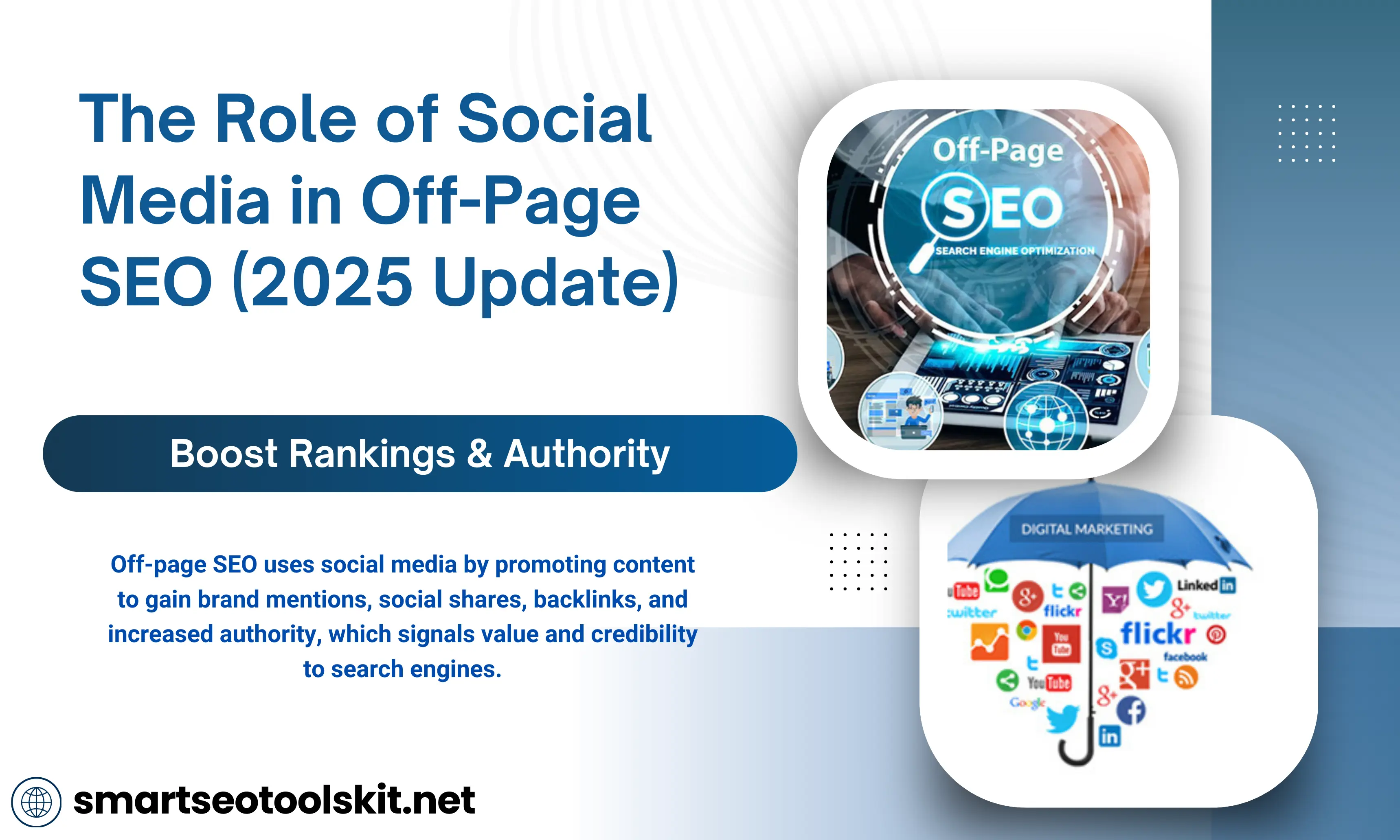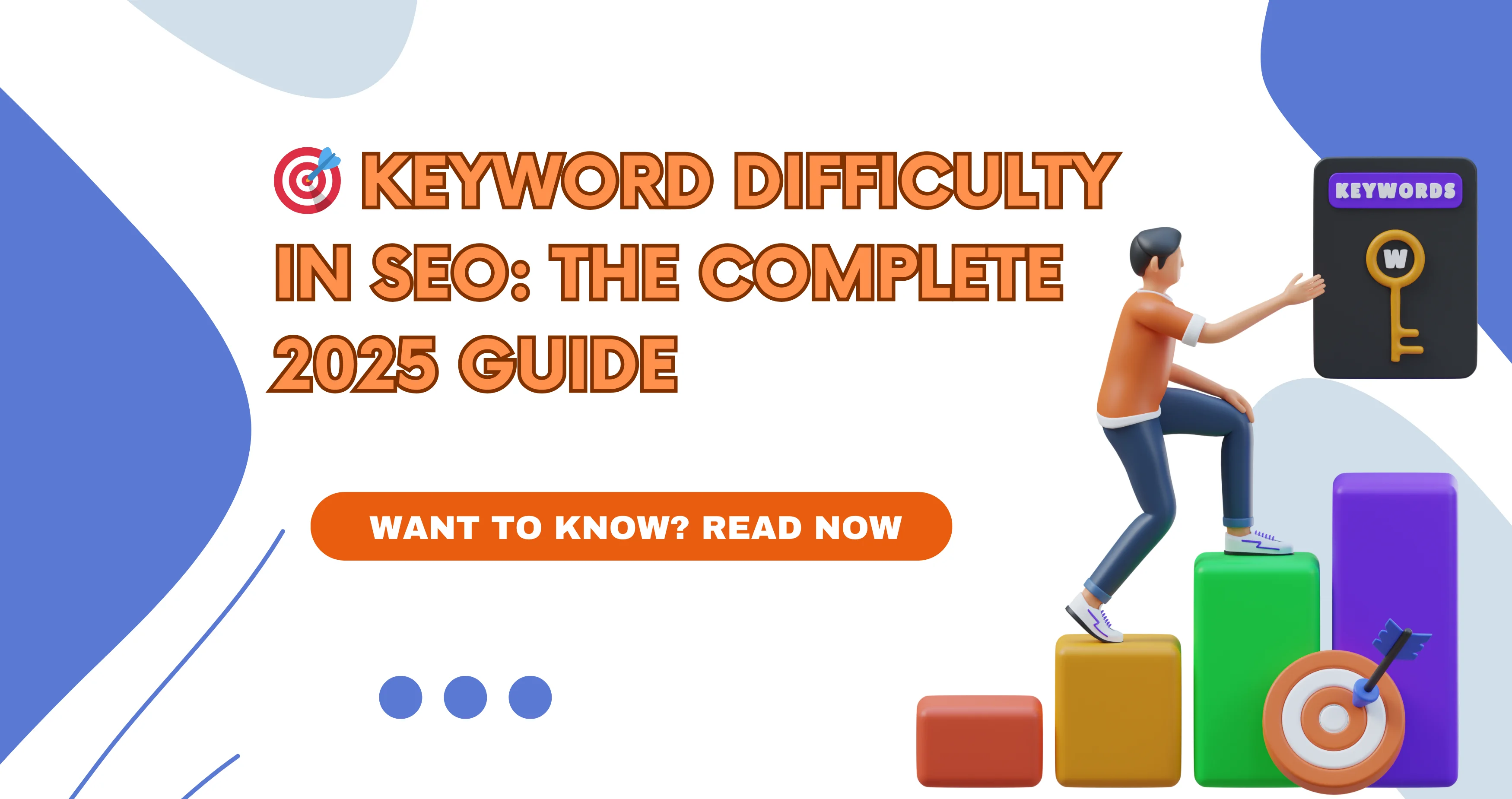Hi readers, do you believe Search Engine Optimization (SEO) is the backbone of organic search traffic? It helps businesses improve their Google rankings, attract more visitors, and increase conversions. However, even the best SEO strategies can fail if you’re making common SEO mistakes that hurt your rankings.
Many website owners accidentally commit SEO errors, such as ignoring search intent, neglecting mobile optimization, or failing to implement technical SEO best practices. These SEO mistakes can prevent your website from reaching the top of search results.
In this guide, we’ll explore 8 SEO mistakes to avoid and provide practical solutions to improve your website optimization. By fixing these on-page SEO errors and off-page SEO mistakes, you’ll boost organic search rankings and enhance the user experience.
1. Ignoring Search Intent
One of the biggest SEO optimization mistakes is focusing on keywords without considering search intent. Google algorithms prioritize pages that match what users are actually looking for.
For example, if someone searches for "best SEO tools for beginners," they expect to see a comparison or listicle, not a homepage selling an SEO tool. If your content doesn’t match search intent, your page won’t rank well.
How to Fix It:
- Analyze Google’s "People Also Ask" section to understand user intent.
- Ensure your content matches what users expect—if top-ranking pages are guides, write a guide; if they’re product pages, optimize yours accordingly.
- Use long-tail keywords like “how to fix technical SEO issues” or “SEO mistakes to avoid in 2024” to align with search queries.
2. Not Optimizing for Mobile Users
With mobile-first indexing, Google primarily evaluates the mobile version of your website when determining rankings. More than 60% of searches now come from mobile devices, and mobile SEO optimization is a key ranking factor.
How to Fix It:
- Use responsive design so your site adapts to all screen sizes.
- Run a mobile-friendliness test using Google’s Mobile-Friendly Test Tool.
- Optimize website speed by compressing images, enabling lazy loading, and minifying CSS and JavaScript.
- Make sure buttons and text are easily clickable and readable on small screens.
3. Overlooking Technical SEO Issues
Even with great content, technical SEO issues can prevent your site from being properly indexed by search engines. This is one of the most critical on-page SEO errors that negatively affect rankings.
Common Technical SEO Mistakes:
- Slow page speed, leading to higher bounce rates.
- Broken links (404 errors), making your site look outdated.
- Duplicate content issues, which confuse search engines.
- Poor URL structure, affecting search engine readability.
How to Fix It
- Use Google Search Console to find indexing and crawling issues.
- Improve site speed with caching, image compression, and content delivery networks (CDNs).
- Fix broken links or set up 301 redirects.
- Use canonical tags to prevent duplicate content issues.
Also Read: How to Check and Improve Your Website Speed in 2025
4. Publishing Thin or Duplicate Content
Google prioritizes high-quality, valuable content and penalizes websites with thin or duplicate content. Many SEO strategy mistakes happen when businesses copy product descriptions, republish the same article across multiple pages, or fail to add original insights to their blogs.
How to Fix It:
- Create unique, well-researched content that offers real value.
- Use canonical tags (`rel=canonical`) when you need to repurpose content.
- Merge thin pages into one comprehensive, in-depth resource.
Try our free tool to count words: Word Counter Tool
5. Skipping Meta Titles & Descriptions
Meta titles and descriptions are essential Google ranking factors that influence click-through rates (CTR). A poorly written meta description can cause users to skip your site, even if it ranks well.
How to Fix It:
- Write SEO-friendly meta titles (under 60 characters) that include primary keywords.
- Craft engaging meta descriptions (under 160 characters) that entice users to click.
- Avoid duplicate meta tags—every page should have a unique title and description.
Try our Free Meta Title and Description Generator Tool: Meta Tag Generator
Example:
- 🚫 Bad Title: "SEO Guide | Learn About SEO | Best SEO"
- ✅ Good Title: "8 Common SEO Mistakes to Avoid in 2025"
Also Read: On-Page SEO: What It Is and How to Do It
6. Poor Internal Linking Structure
Internal linking improves website navigation, SEO rankings, and user experience. Without it, search engines may struggle to understand your site's hierarchy and importance of pages.
How to Fix It:
- Link to relevant pages using descriptive anchor text like “best SEO strategies for organic search” instead of “click here.”
- Avoid overloading pages with excessive links—focus on quality, not quantity.
- Ensure every page connects to other related content on your website.
7. Failing to Build High-Quality Backlinks
Backlinks—links from other websites pointing to yours—are one of Google’s top ranking factors. However, spammy backlinks can actually harm your rankings instead of boosting them.
How to Fix It:
- Earn high-quality backlinks by guest posting on authoritative sites in your industry.
- Use HARO (Help a Reporter Out) to get featured in major publications.
- Regularly monitor your backlink profile and disavow low-quality links using Google’s Disavow Tool.
8. Not Tracking SEO Performance
SEO is not a set-it-and-forget-it strategy. Without tracking your keyword rankings, organic search traffic, and conversion rates, you won’t know what’s working and what needs improvement.
How to Fix It:
- Use Google Analytics to track user behavior, bounce rates, and conversions.
- Monitor keyword rankings with tools like Ahrefs, SEMrush, or Google Search Console.
- Regularly analyze which pages drive the most traffic and leads and optimize them further.
Conclusion
Avoiding these SEO mistakes is key to boosting organic traffic, improving Google rankings, and increasing engagement. Whether you’re struggling with technical SEO issues, failing to optimize for mobile-first indexing, or neglecting internal linking strategies, taking action now will improve your search engine performance.
Quick Summary:
✅ Understand search intent and optimize content accordingly.
✅ Improve mobile SEO optimization for better rankings.
✅ Fix technical SEO issues to enhance website performance.
✅ Ensure your meta descriptions and title tags are engaging.
✅ Build high-quality backlinks to increase authority.
✅ Track your SEO performance regularly and make data-driven improvements.
By implementing these SEO best practices, your website will attract more organic search traffic, rank higher, and provide a better user experience.
Start optimizing today and watch your Google rankings soar! 🚀
Frequently Asked Questions (FAQs)
Q1: What are the most common SEO mistakes?
The most common SEO mistakes include ignoring search intent, failing to optimize for mobile-first indexing, neglecting technical SEO issues, using duplicate content, and not tracking SEO performance. These errors can hurt rankings and reduce organic traffic. Fixing them ensures your website remains competitive in search results.
Q2: How can I improve my website’s SEO?
To improve your website’s SEO, it’s essential to follow several best practices. Start by optimizing for search intent—make sure your content aligns with what users are actually looking for. Ensuring your site is mobile-friendly and loads quickly is also critical, as both factors significantly impact user experience and rankings. Address technical SEO issues such as broken links and slow loading times to maintain a healthy site structure. Additionally, writing compelling meta titles and descriptions can boost your click-through rates (CTR) from search results. Finally, focus on building high-quality backlinks from authoritative websites to strengthen your site’s credibility and visibility.
Q3: Why is my website not ranking on Google?
If your website isn’t ranking on Google, several common issues could be to blame. Poor keyword targeting, especially when content doesn’t align with search intent, can significantly hurt visibility. A lack of mobile optimization or slow page speed also negatively impacts rankings, as both are key user experience factors. Technical SEO problems, such as indexing errors or duplicate content, can prevent Google from properly understanding and ranking your pages. Additionally, having a weak backlink profile—filled with low-quality or spammy links—can undermine your site’s authority. Inadequate internal linking may also make it difficult for search engines to crawl and index your content effectively. To diagnose and address these issues, use Google Search Console to check for indexing errors and focus on improving both on-page and off-page SEO.
Q4: 4. How do I fix duplicate content issues?
To fix duplicate content issues, use canonical tags to show Google which page version to prioritize, and rewrite or repurpose content to make it unique. Consolidate similar pages into one valuable resource and set up 301 redirects for unnecessary duplicates. Since Google may penalize duplicate content, focusing on original, high-quality content is key to better rankings.
Q5: How do I get high-quality backlinks for SEO?
High-quality backlinks boost your site’s authority and help improve your Google rankings. To earn them, guest post on authoritative websites in your niche and use platforms like HARO to get featured in reputable publications. Create valuable content—such as in-depth guides, infographics, or original research—that others naturally want to link to. Also, reach out to bloggers and influencers for link-building opportunities. Avoid spammy or low-quality backlinks, as they can harm your SEO rather than help it.
.png)
